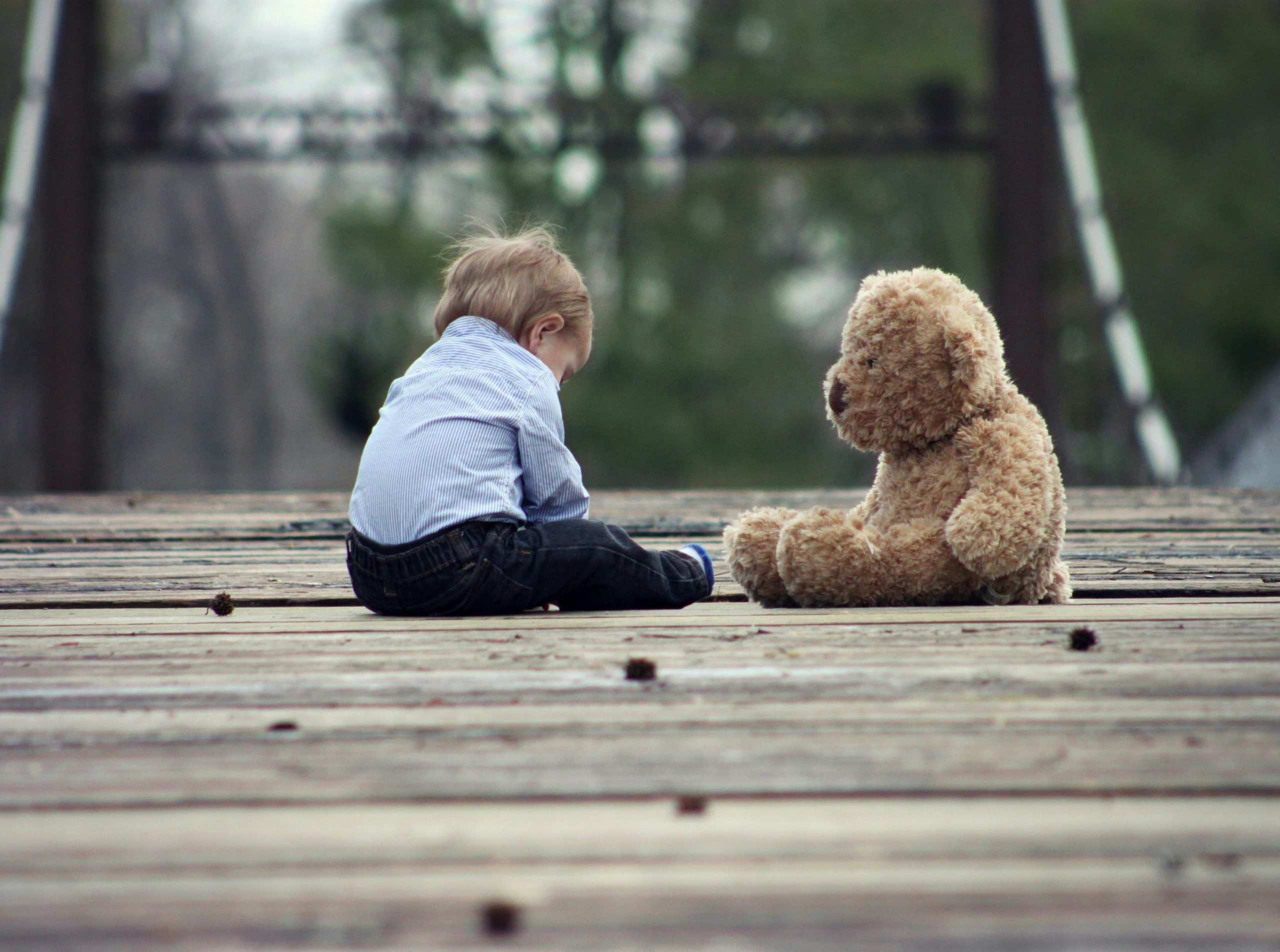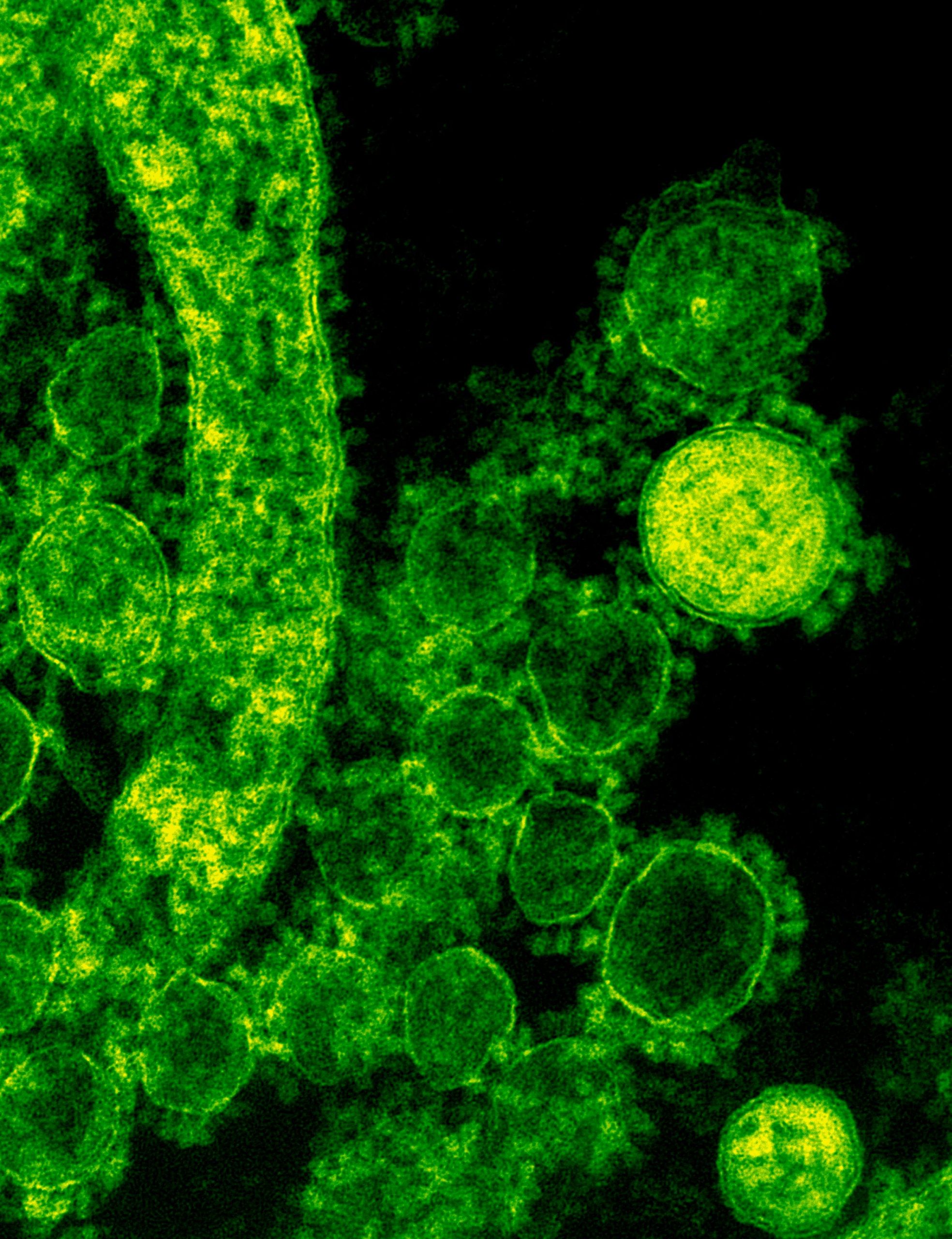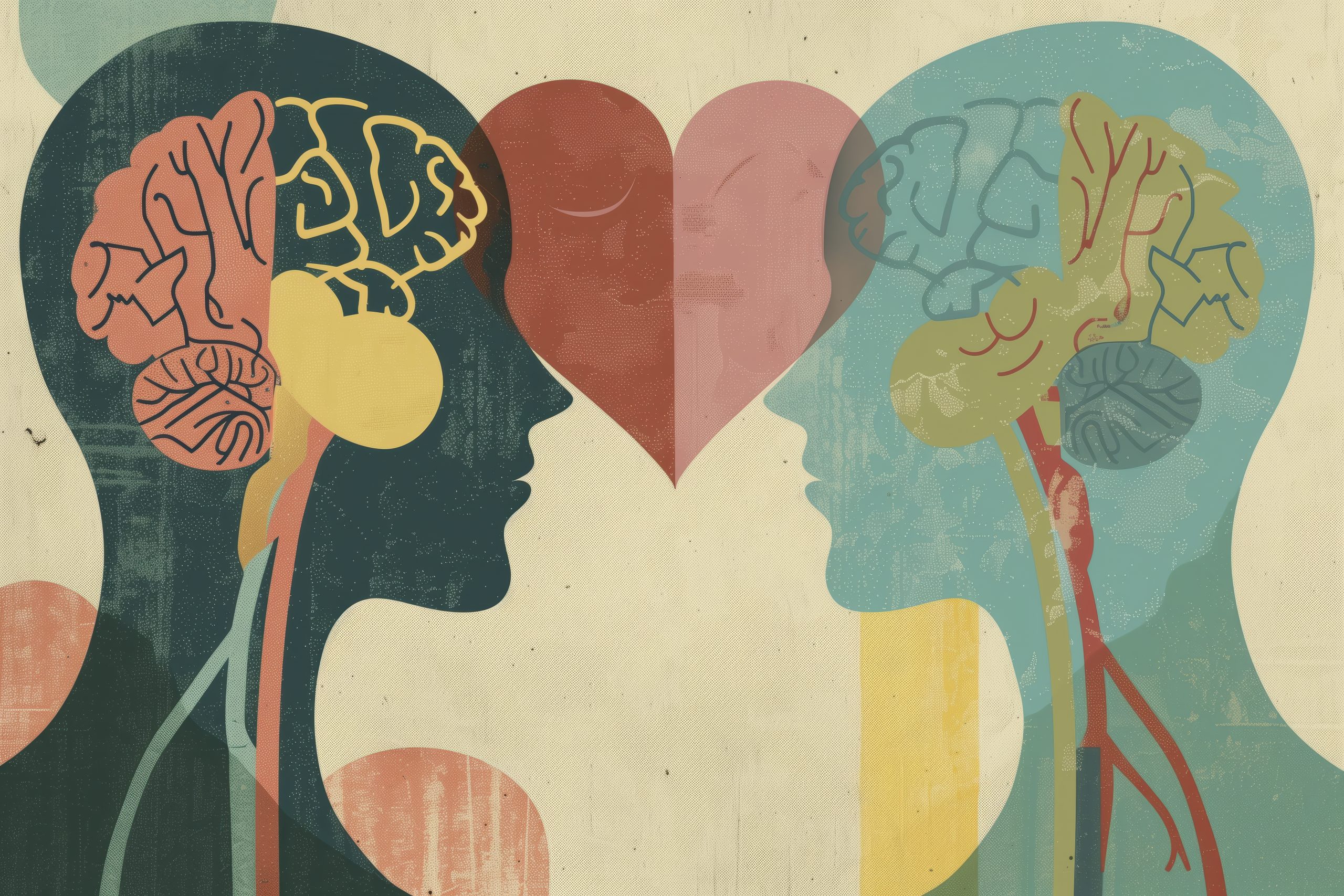
Recognising Early Signs of Autism in Babies and Toddlers
Identifying Early Indicators of Autism Spectrum Disorder
Autism Spectrum Disorder (ASD) is a developmental condition that affects communication, behaviour, and social interaction. Detecting early signs of autism in infants and toddlers can lead to timely interventions, which can significantly improve outcomes for children. While each child is unique and may develop at their own pace, certain behaviours and developmental milestones can serve as early indicators of ASD. This article aims to provide parents and caregivers with insights into recognising these early signs.
Early Signs in Babies
Limited Eye Contact
One of the earliest signs of autism in babies is limited eye contact. Babies typically begin to make eye contact with their caregivers within the first few months of life. If a baby consistently avoids eye contact or seems to look past people, it may be an early indication of ASD.
Delayed Smiling
Most infants start to smile socially by the age of six months. A lack of smiling or delayed smiling can be a red flag. Babies with autism may not respond to social cues and may show a limited range of facial expressions.
Lack of Gestures
By around nine months, babies usually begin to use gestures such as pointing, waving, or reaching out to communicate needs and interests. A lack of these gestures or a delay in their development can be an early sign of autism.
Unusual Reactions to Sensory Stimuli
Babies with autism may exhibit unusual reactions to sensory stimuli. They might be overly sensitive to sounds, lights, textures, or other sensory inputs. Conversely, they may show a lack of response to sensory stimuli that usually attract the attention of typical infants.
Early Signs in Toddlers
Delayed Speech and Language Development
One of the hallmark signs of autism in toddlers is delayed speech and language development. By 18 months, most children are using several single words, and by 24 months, they are forming simple sentences. A toddler with autism may have limited or no speech and may struggle to understand language.
Repetitive Behaviours
Repetitive behaviours are common in children with autism. These may include hand flapping, rocking, spinning, or lining up toys in a particular order. While some repetitive behaviours can be typical in early development, their persistence and intensity may be indicative of autism.
Difficulty with Social Interaction
Toddlers with autism may have difficulty engaging in social interactions. They might not respond to their name, avoid playing with other children, or struggle to take turns in activities. They may also have trouble understanding and responding to social cues, such as facial expressions and body language.
Restricted Interests
A toddler with autism may have restricted interests and may become intensely focused on a specific topic or object. They might exhibit an unusual attachment to certain toys or routines and become distressed when these are disrupted.
Unusual Play Patterns
Children with autism often display unusual play patterns. Instead of engaging in imaginative play, they might prefer repetitive actions such as spinning wheels on a toy car or lining up objects. They may also have difficulty understanding and following the rules of pretend play.
Importance of Early Intervention
Early intervention is crucial for children with autism. The earlier the signs are recognised and addressed, the better the outcomes for the child’s development. Early intervention can include speech and language therapy, occupational therapy, and behavioural interventions tailored to the child’s specific needs.
Seeking Professional Guidance
If parents or caregivers notice any of these early signs in their child, it is important to seek professional guidance. A paediatrician, developmental specialist, or child psychologist can conduct a thorough evaluation and provide a diagnosis if necessary. Early and accurate diagnosis is the first step towards accessing appropriate interventions and support.
Conclusion
Recognising early signs of autism in babies and toddlers can be challenging, and it is important for parents and caregivers to know that missing these signs is not their fault. Children develop at their own pace, and the early indicators of autism can be subtle and varied. However, being vigilant and observing your child’s development can help in identifying these signs early. If you do notice any concerning behaviours, seeking a professional evaluation is a proactive step. Early intervention can make a significant difference in the lives of children with autism, helping them reach their full potential and lead fulfilling lives.



